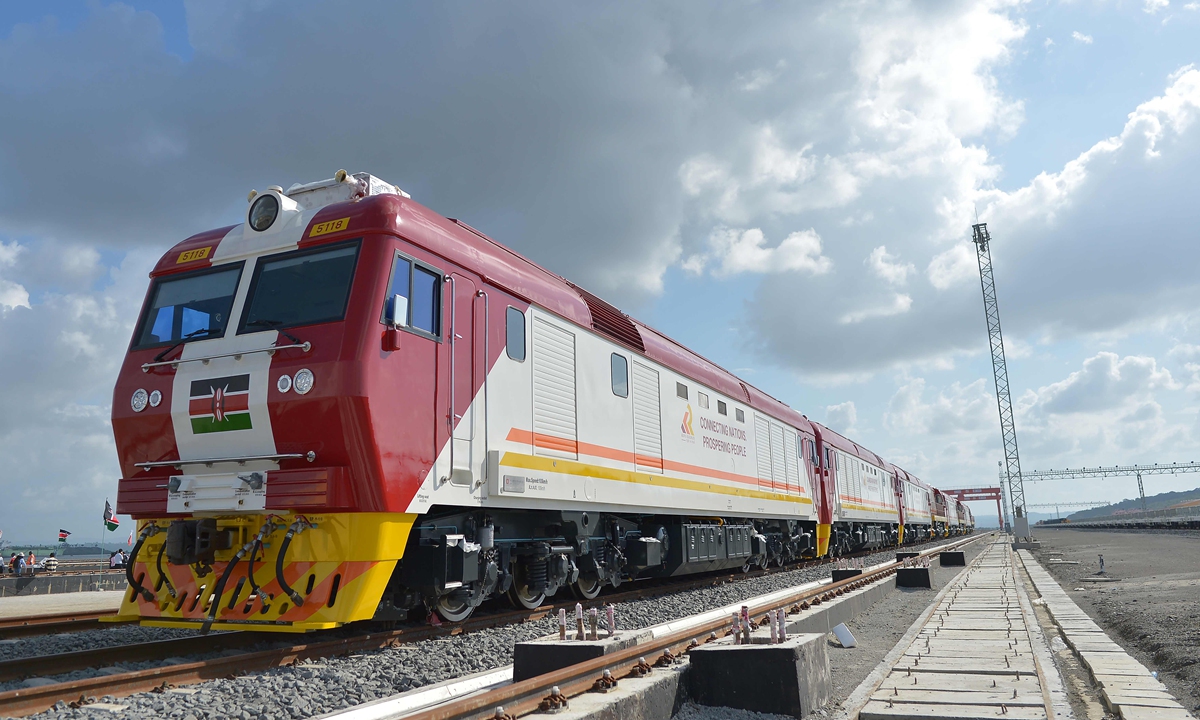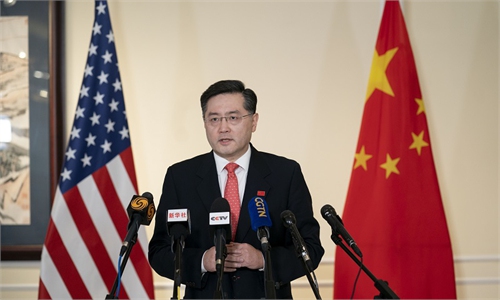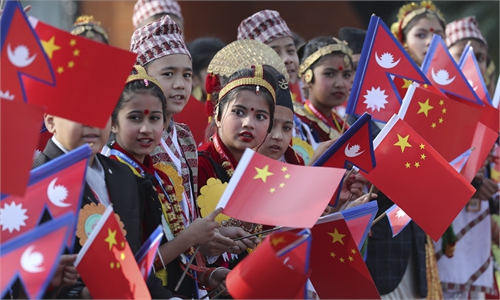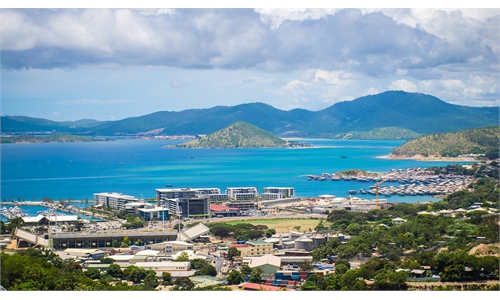'Debt trap hype' aims to deter China-Africa cooperation
US smearing against BRI ahead of summit a scheme to cover its empty commitment: scholar

A view of the Mombasa-Nairobi railway in Kenya, built by China Road and Bridge Corporation, in May 2017 Photo: VCG
The US is holding a summit with African countries in Washington from Tuesday to Thursday this week. Delegates from 49 African countries, as well as the African Union, were invited to the three-day summit.
The summit has two objectives, first to renew US engagement in Africa. The first such gathering was held eight years ago under former US president Barack Obama, with the subsequent Trump administration largely absent from the continent as he did not see a direct economic interest for the US. But now Africa’s rich natural resources and economic potential are once again receiving attention from the US.
The summit also comes as US ramps up its China strategy, with a renewed focus on strategic competition. The US finds itself lagging behind China in engagement with Africa, so the second goal of the Biden administration is trying to revive its posture on the continent largely by painting China as an unreliable partner.
Ahead of Tuesday’s start of the three-day US-Africa Leaders Summit, Deputy Commerce Secretary Don Graves blasted China’s investment in Africa, which he characterized as importing “tens of thousands” of Chinese workers, the South China Morning Post reported.
The US is “the partner of choice” among African governments, because of the technology and knowledge transfer that US companies bring to the table, and because of their efforts to build the domestic workforce needed to maintain their operations in those nations, Graves said, while adding that the US is “having to play catch-up” with China when it comes in investing in Africa.
The topics discussed during the summit will be wide-ranging, from promoting security, green industrial transition to providing loans to entrepreneurs. But essentially every action by the US will be aimed at hampering China’s economic and political ties with the continent, and at lesser extent discussing Russia’s future role in Africa.
Ahead of the summit, the US politicians and Western media grabbed at any opportunity to hype so-called “debt traps,” slandering China’s investment in Africa as part of the Belt and Road Initiative (BRI).
The concept of so called “debt traps” is being created to scare African nations from accepting loans from China, as Western nations claim it is a way for China to gain access to natural resources and infrastructure through debt. But this is a very simplistic way to hide the fact that Western nations have abandoned the African continent, and lack the willingness to invest in the African economy.
China’s contribution
It is easy to blame China, but it is China that has been a firm partner with African nations in building infrastructure, exemplified by highways, railways, hospitals, stadiums and airports across the continent. China has provided COVID-19 vaccine relief to Africa, which helped in the fight against pandemic and alleviated stretched medical resources. In August, China also announced plans to cancel a series of interest-free loans to 17 African countries.
In 2021, the trade volume between China and Africa expanded 35.3 percent year-on-year to $254.3 billion, and China has been Africa’s largest trading partner for 13 consecutive years.
As of the end of 2020, China’s accumulated foreign direct investment in Africa has exceeded $43.4 billion, and over 3,500 Chinese companies have invested in Africa, making China the fourth largest investor in the continent.
Compared with China, the US is focused on engagement with Africa through grants, however they have conditions and most African nations find it difficult to comply with the terms of these grants.
China is also not the largest creditor of Africa. According to a World Bank data cited by Chinese Ambassador to the US Qin Gang, among the $696 billion in foreign debt owed by 49 African countries, loans from multilateral financial institutions and private financial institutions (excluding Chinese companies) account for three quarters of the total, and debts to China only account for “a small portion” of the total share.
Biden declared in an address to the delegation of 49 African nations attending the summit that the “US is all in on Africa’s future.” He also vowed to invest $55 billion in the continent over the next three years, according to a New York Times report.
A reengaged US will likely have little impact on the relations between China and Africa. The African continent should be seen as neutral zone for investors from all over the world to come and engage, its human potential is real, and its economic potential is even greater. The question should not be about which major power benefits the most, but what is in the best interests of the people of Africa.
The article was complied based on an interview with Toumert AI, the honorific secretary general of China Morocco Friendship Association.



